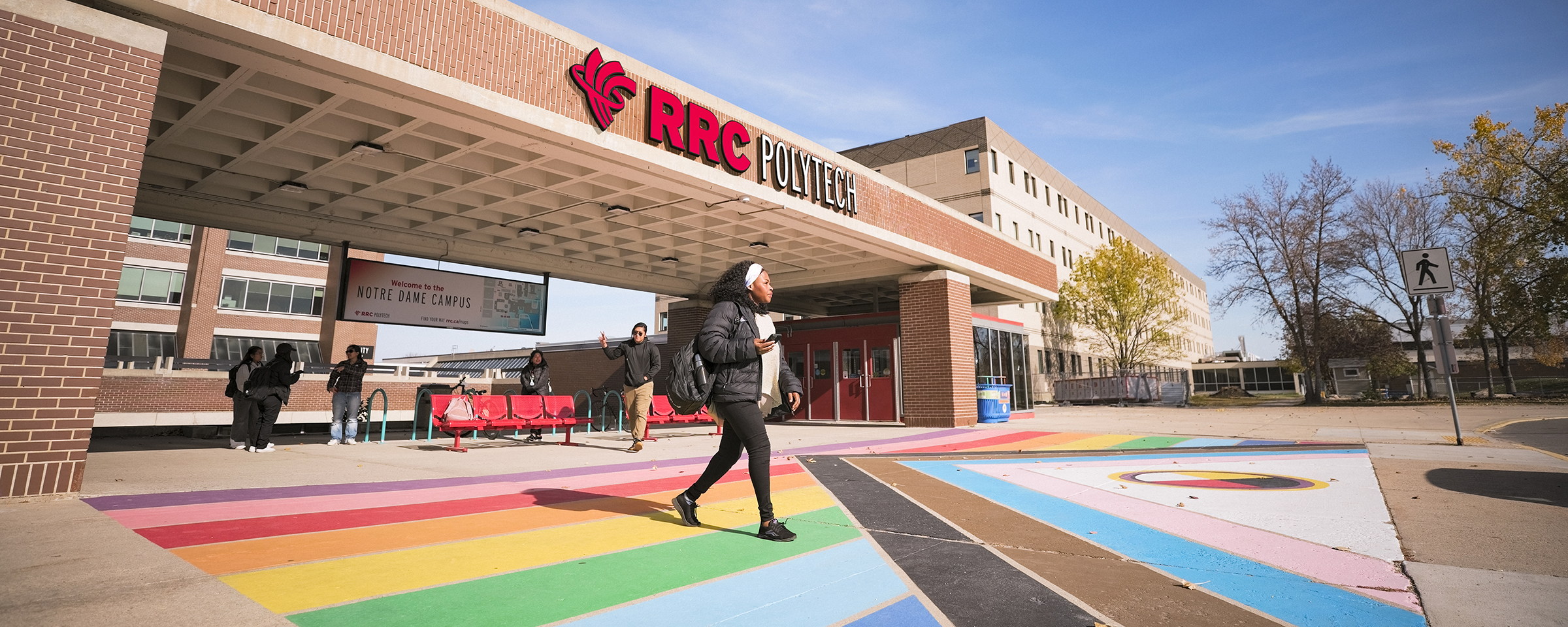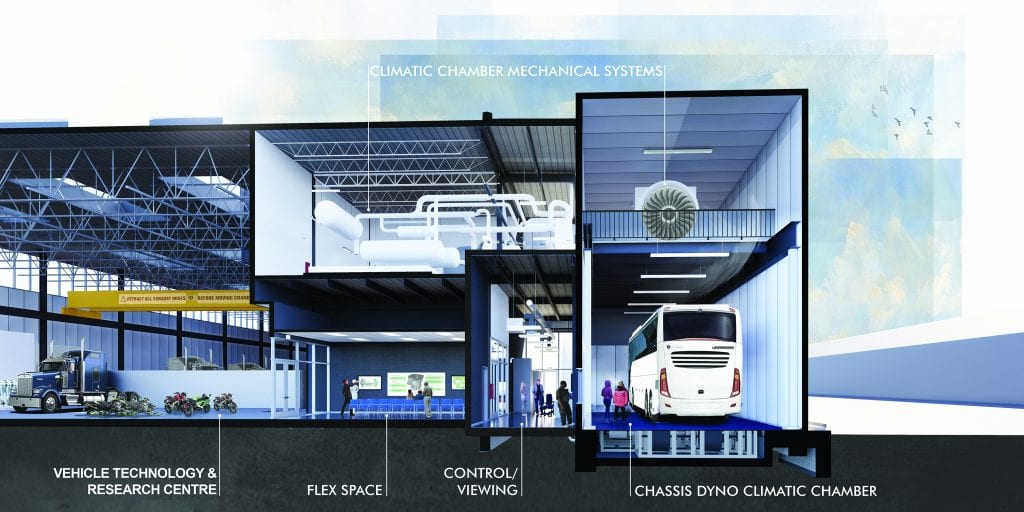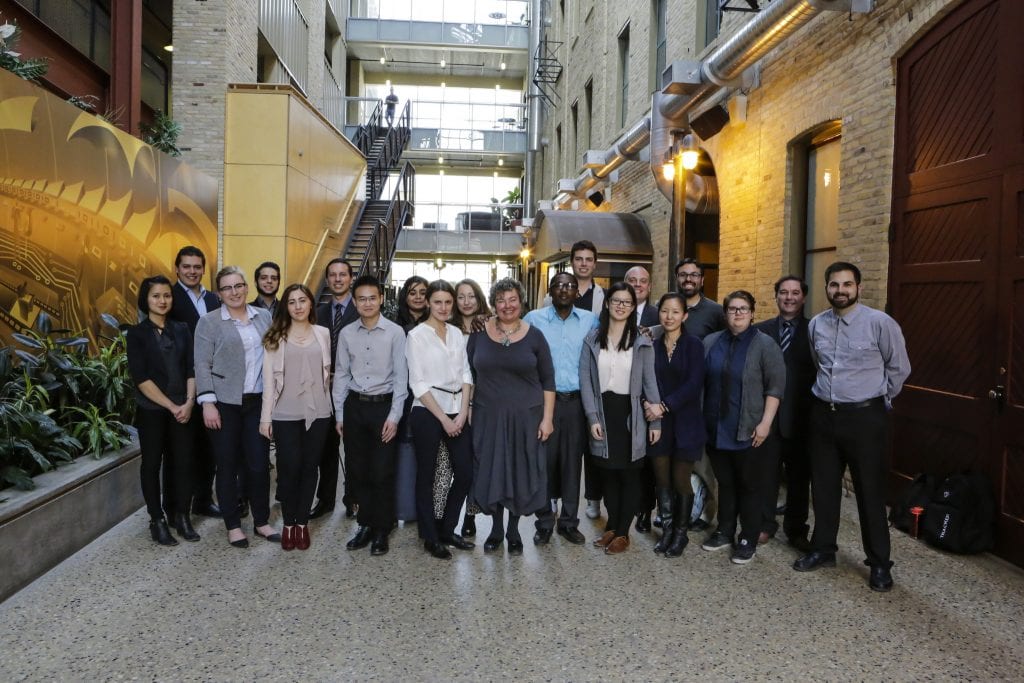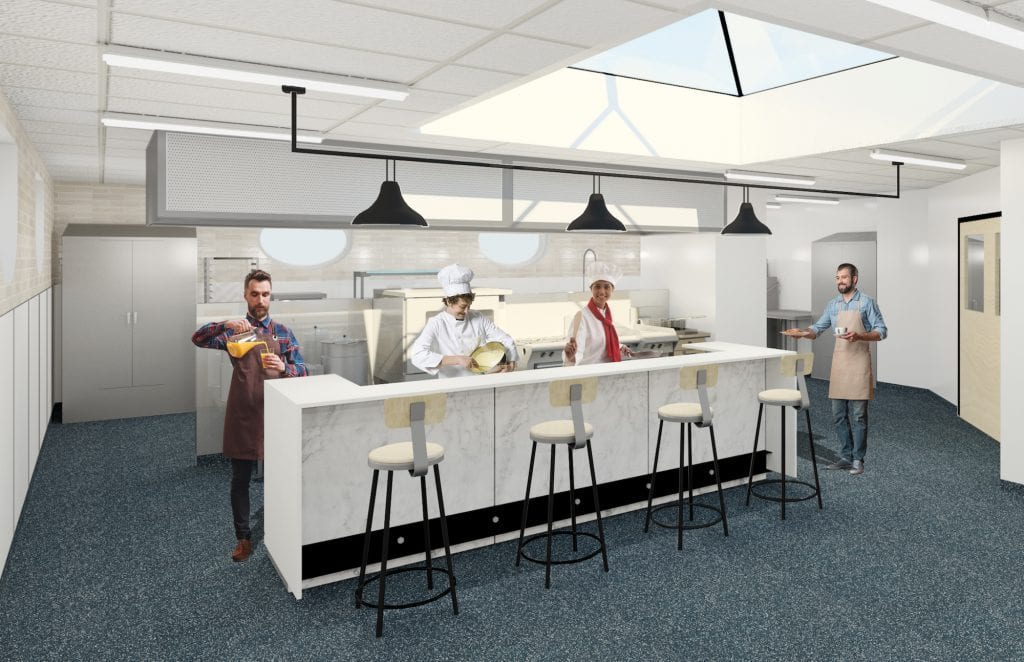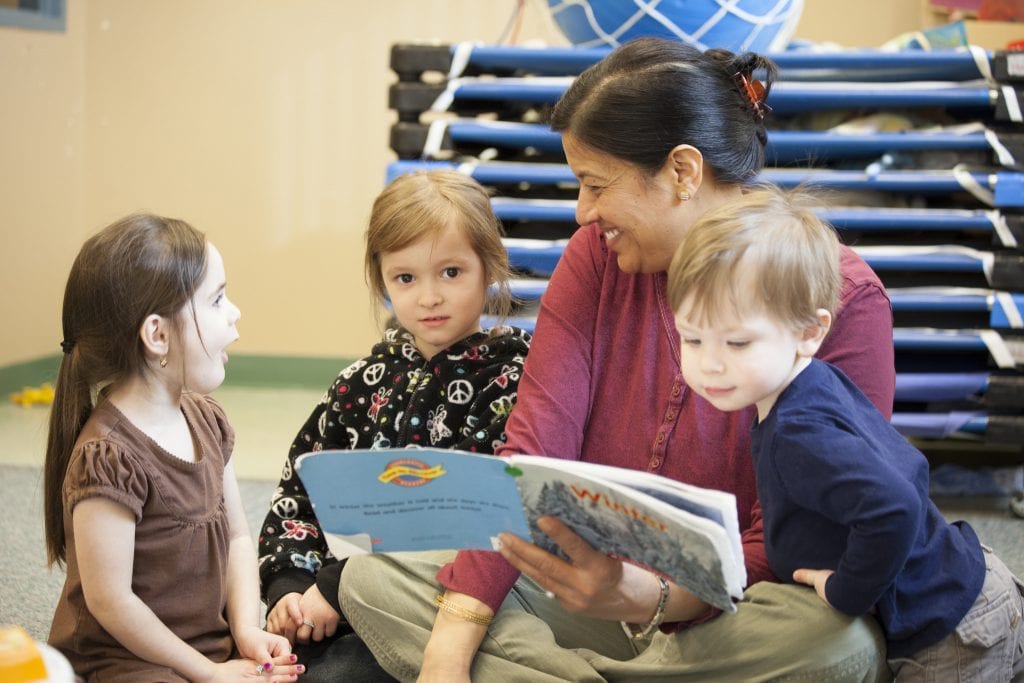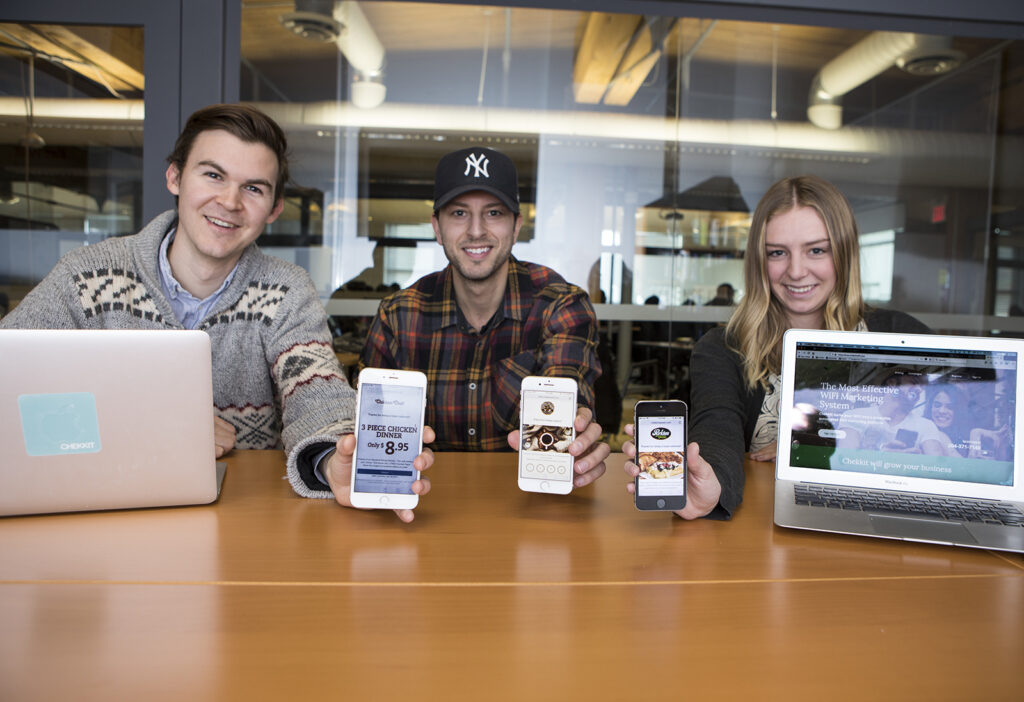RRC ranked among Top 10 research colleges in Canada
Red River College has again been ranked one of Canada’s top 10 research colleges.
The designation comes courtesy of the annual Canada’s Top 50 Research Colleges list, released yesterday by Re$earch Infosource Inc.
This is the second research-related distinction bestowed on RRC in less than a month. On Oct. 9, the College won the silver award in the Applied Research category at the World Federation of Colleges and Polytechnics Awards in Melbourne, Australia.
“These recent recognitions prove the ongoing research efforts of the College and our partners are working,” says RRC President Paul Vogt.
“We’ve worked on some outstanding projects in the past, such as battery-operated buses and energy-efficient office towers — projects that benefit our communities through their sustainable approach to engineering. We’re excited to see what we can achieve in the future.”
Recent expansions to RRC mean the College can continue supporting the needs of industry while establishing a base of highly skilled graduates to work in these fields once they finish school.
“We’ve accomplished great things with our existing capacities,” says Ray Hoemsen, executive director of Research Partnerships & Innovation at RRC. “Our new additions mean we’ll be even better equipped to help our industry partners achieve their goals while we continue to enhance learning at the College.
“We’ll soon be opening our new MotiveLab (shown above), a unique vehicle testing facility where students and researchers will work side-by-side on equipment that will be used across North America.”
Also opening soon is the Smart Factory, an applied research space where students can work in a factory-like setting on emerging technologies such as robotics, automation and additive manufacturing.
In addition to these new facilities, the College is poised to bolster the future of research in Manitoba via its new $95-million Innovation Centre (now under construction,) as well as a Culinary Research Centre that’s slated to open at the Paterson GlobalFoods Institute next year.
